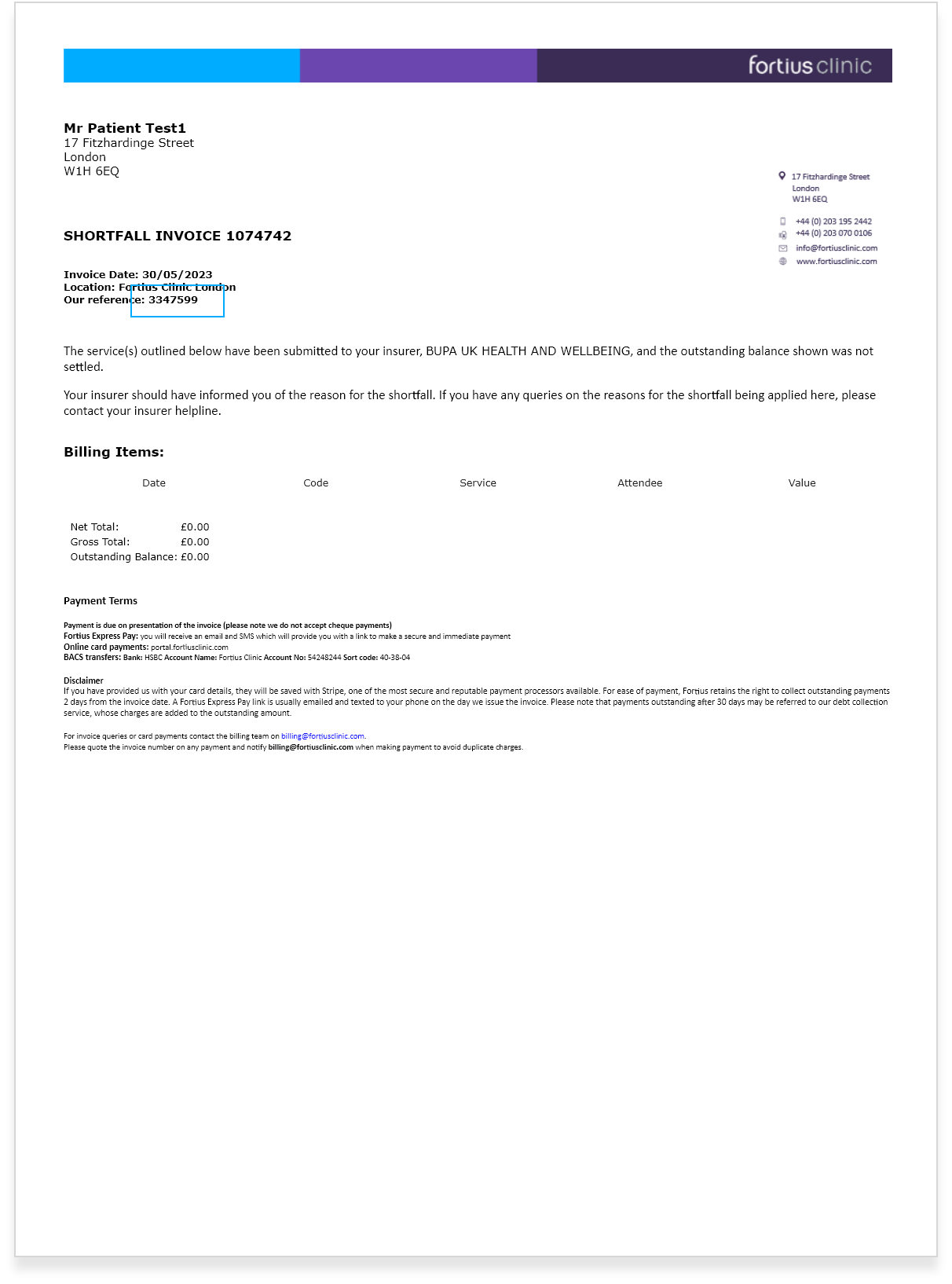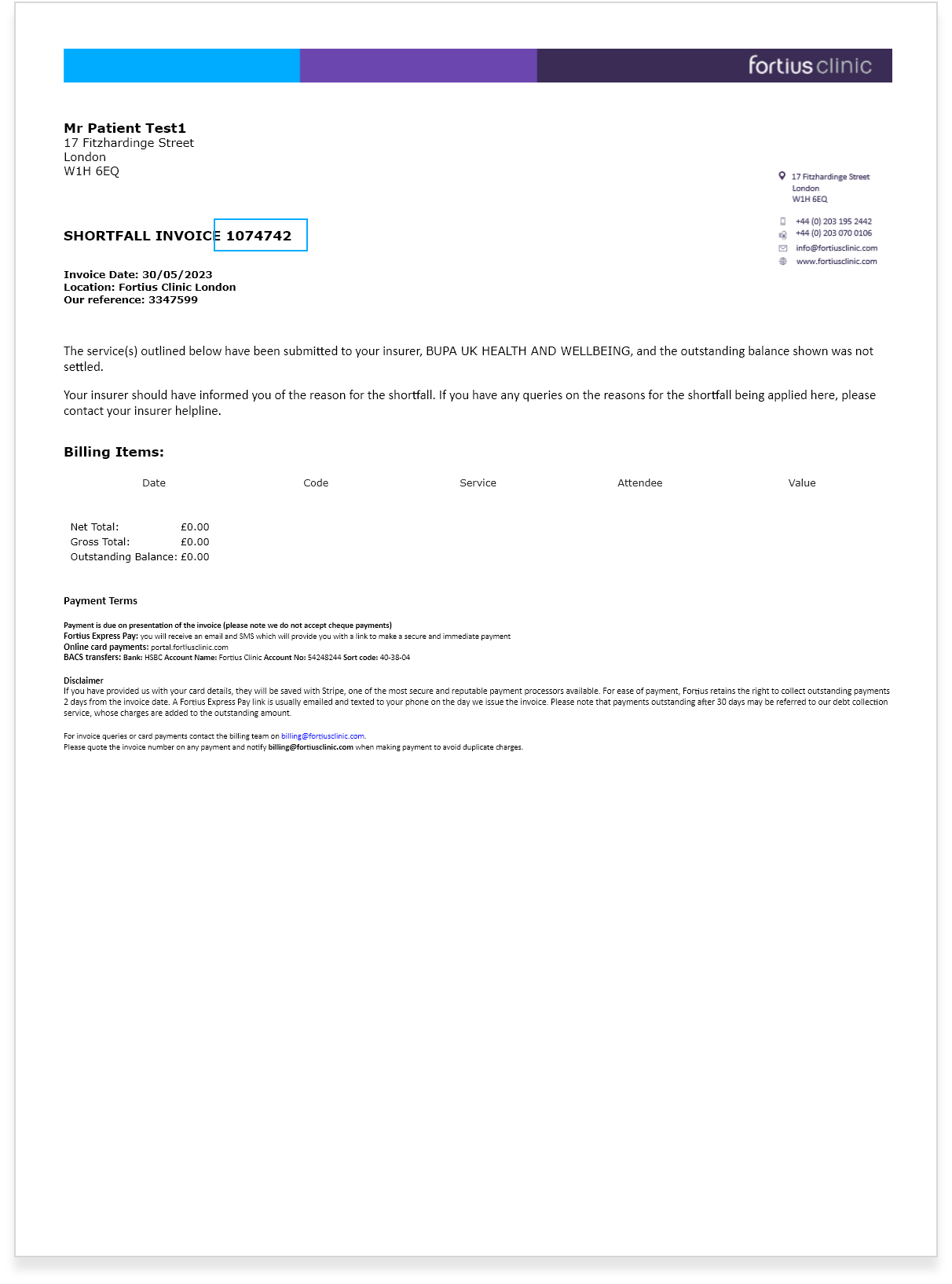Is knee arthritis a preventable disease?
15 June 2018
The findings of a arthritis study from Harvard University, revealed that knee arthritis in the US has doubled since the start of World War II, has resulted in a great deal of coverage in the media. But beyond the headlines is it possible to find some cause for optimism?
The study examined more than 2,000 ancient skeletons dating as far back as 6,000 years and cross-referenced the data with information on human knee health from the mid-nineteenth century right up to the modern day. It concluded that people born after World War Two are twice as likely to develop knee arthritis as those born in generations beforehand. The flipside of that rather gloomy diagnosis, however, is that the study group believe that knee arthritis – far from being an inevitable ailment – could be preventable in years to come.
Ageing and obesity may not be the cause of arthritis
The reason for the glimmer of optimism is that certain and obvious causes for an increase in knee arthritis – namely, the rise in obesity levels and a longer lifespan – have been rejected by the study leaders. And the race is on to discover what it is that has caused this increase, in the hope that it can be a preventable ailment.
"Before this study it was assumed, without having been tested, that the prevalence of knee osteoarthritis hadn’t changed over time. We were able to show – for the first time – this pervasive cause of pain is actually twice more common today than even in the recent past,” said Dr Ian Wallace, of Harvard University. "But the even bigger surprise is it's not just because people are living longer or getting fatter, but for other reasons likely related to our modern environments."
Potential causes for the increase that were highlighted by the Harvard researchers included physical inactivity, the amount of refined sugars in our diet and, even, the hardness of pavements.
Professor Daniel Lieberman, who headed up the study, believes that these findings could prompt a renewed search into preventative methods to stop the onset of knee osteoarthritis, going so far as to draw comparisons between it and heart disease. "Knee osteoarthritis is not a necessary consequence of old age. We should think of this as a partly preventable disease," he claimed.
What you can do now to prevent knee arthritis
While the experts seek to pinpoint the causes of knee arthritis, it makes sense to follow the simple rules that are currently laid out to keep as much stress away from your joints as possible. These are:
- Keep tabs on your weight: While the study casts doubt upon obesity as a key factor in knee arthritis, it’s still an undeniable fact that being overweight strains the joints – and a recent study conducted in America concluded that a weight loss of 11 pounds can decrease the risk of osteoarthritis by more than 50%.
- Start a quad exercise regime: Weak muscle development increases the risk of knee arthritis, but even a minor increase in quad strength can reduce the risk of long-term problems in that area – so a simple isometric move programme or even wall slides – where you stand with your back to a wall with your feet out, and then bend at the knees into a sitting position – can be enormously helpful.
- Eat well: Omega-3 fatty acids and Vitamin D have been associated with a reduced risk of arthritis.
Arthritis Research UK recently launched an initiative to count the cost of arthritis: it predicted that working days lost due to arthritic conditions will increase from 25.1 million today to 25.9 million by 2030, which equals £3.43 billion productivity. Over the next decade, they estimate that over £118.6 billion will be spent on the condition. Put in those terms, the importance of finding preventative measures is beyond debate.


